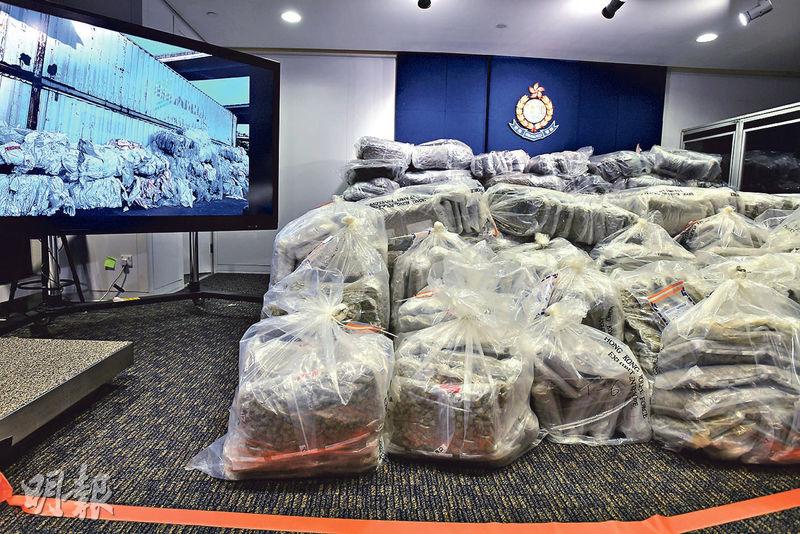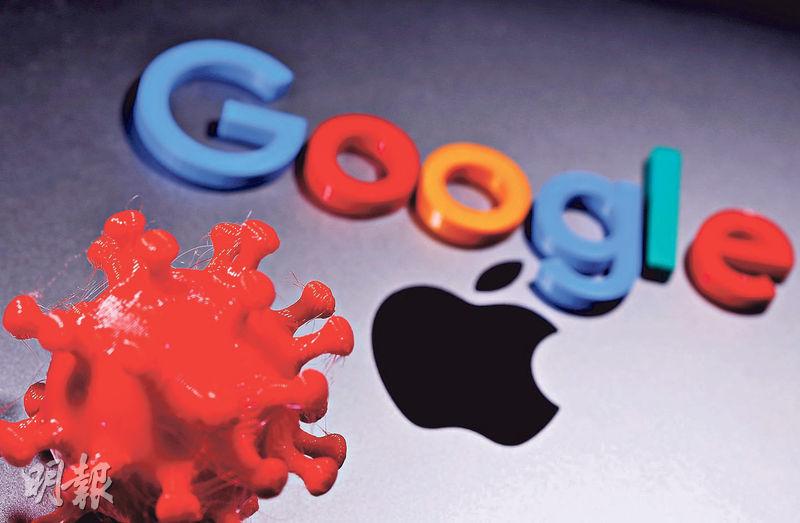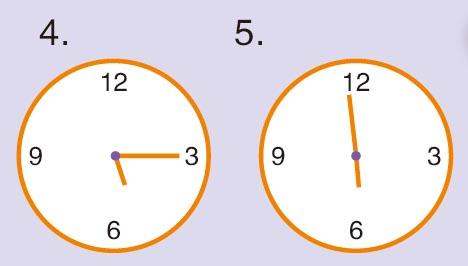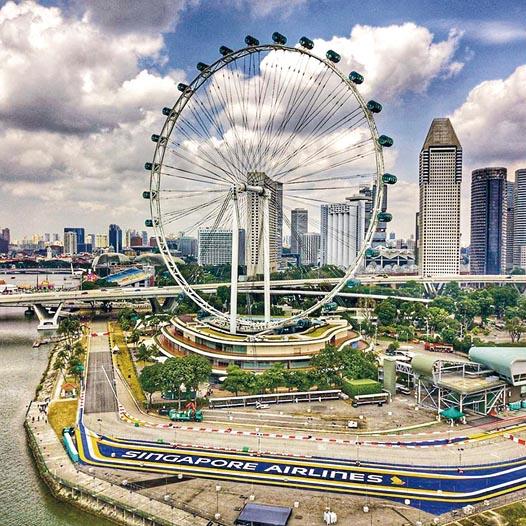News feed:Drug abuse in Hong Kong
【明報專訊】NEW trends of substance abuse in Hong Kong have emerged. In mid-April, Hong Kong police seized about HK$100 million worth of cannabis buds (大麻花), the biggest chunk ever detected in Hong Kong. It is believed that the legalisation of cannabis (大麻) in Canada has made drug trafficking easier. Moreover, the number of cannabis users under the age of 21 increased 48% year on year.
Common enemy
GOOGLE and Apple, long-standing rivals each powering a major phone operating system, joined forces to develop a method to alert users to quarantine themselves if they have got in touched with an infected person for 10 minutes. A back-door way of sending codes between contacts via a centralised system, the new technology is seen as a compromise between privacy and the prevention of further spread of the virus.
Africans forced to sleep rough in Guangzhou
PEOPLE in Guangzhou started spreading panic. Rumour had it that a large number of Africans in the city had been infected with the COVID-19 virus. The authorities got the 4,553 Africans residing in Guangzhou tested and found 111 of them positive. Some were forced out of their rented flats and had to sleep rough. The moves infuriated some African nations and caused a diplomatic uproar.
■Gear up
According to the passages on this page, circle the correct answers.
(1) Cannabis has been legalised in Hong Kong. ( True / False )
(2) Google and Apple are developing a new method to ( A. cure COVID-19 / B. tell people if they have met with someone infected / C. produce more face masks ).
(3) Some Africans in Guangzhou felt discriminated against because ( A. they could not get tested for the virus / B. many of them had been labelled as infected without evidence / C. they could not go back to Africa ).
(Answers on next text)
■Glossary
legalisation (n) 合法化
power (v) 供應
back-door (adj) 間接的
infuriate (v) 激怒
[Smarties' Power English 第278期]












